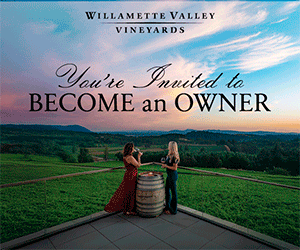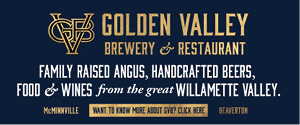Leading the Way
Meet the women shaping the future of Oregon wine
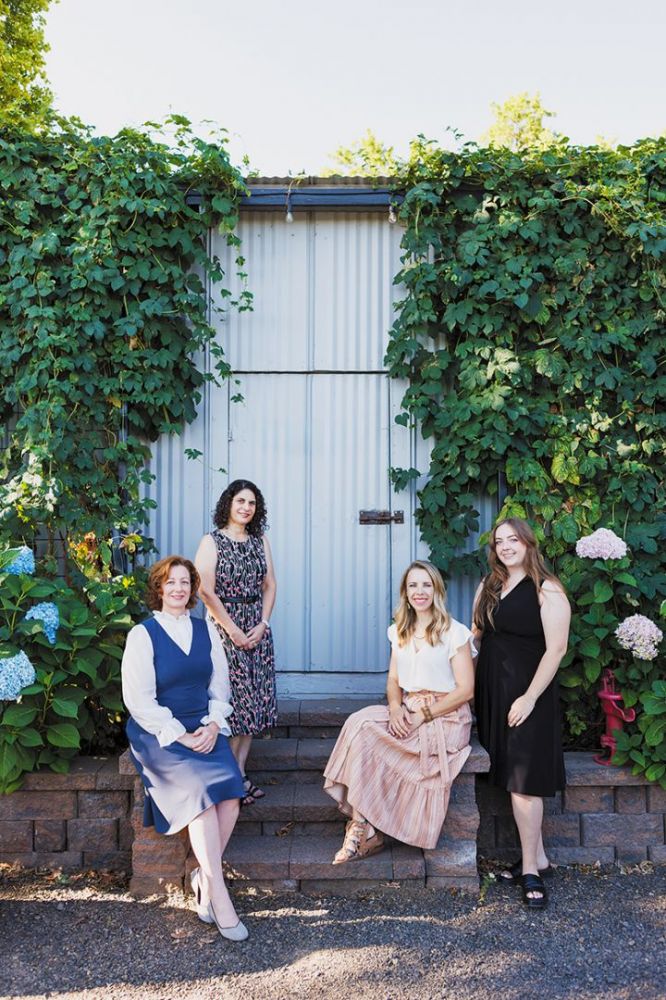
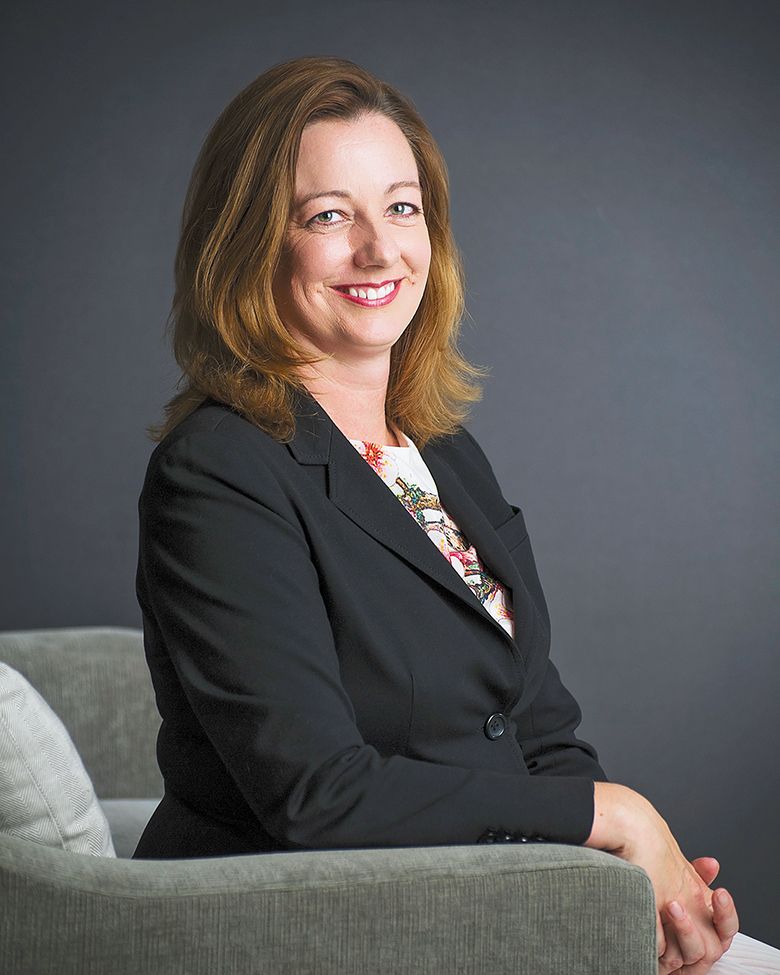
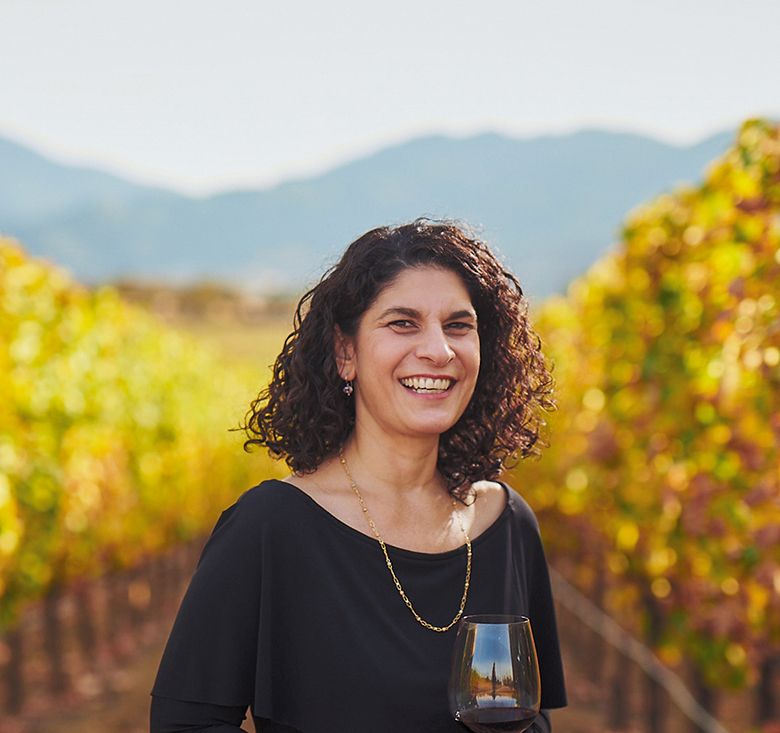
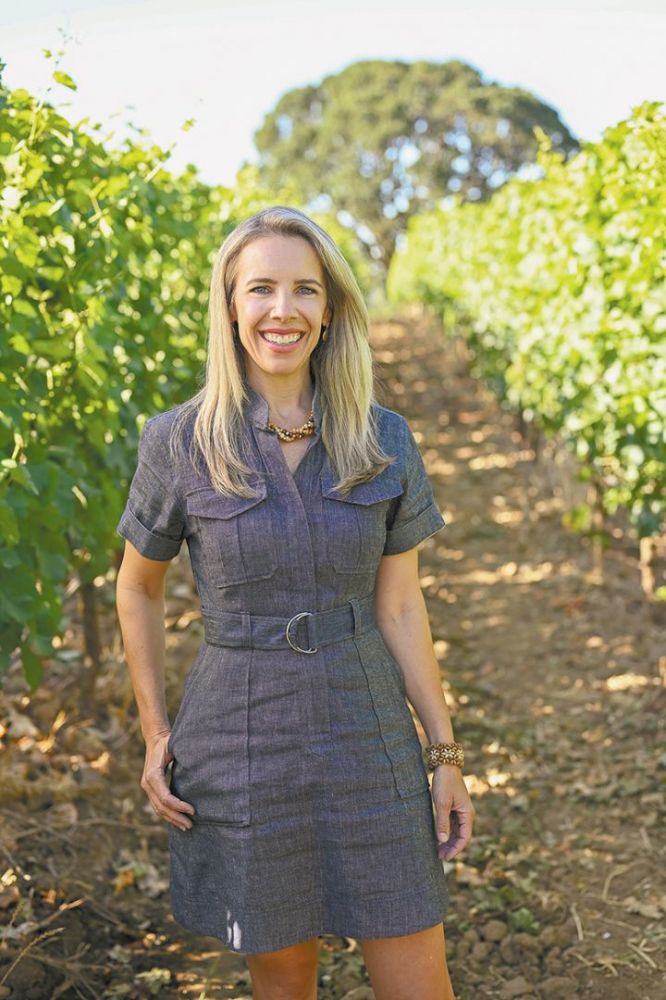
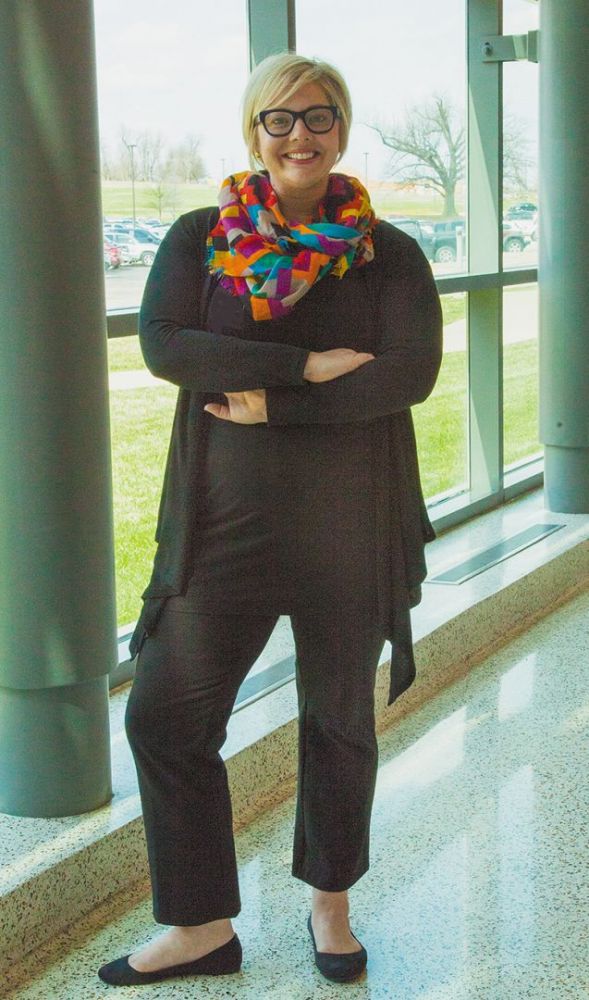

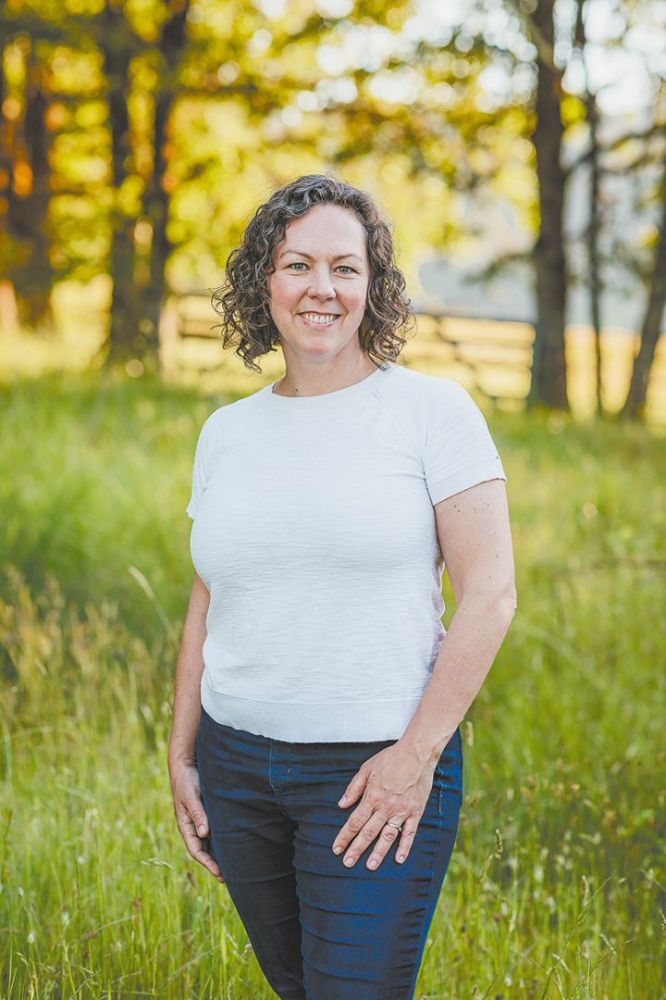
By Paula Bandy
Women understand what they want. Studies reveal women buy 59 percent of all wine. Remains of wine have been discovered in jars as old as 9,000 years, and historians, anthropologists and archaeologists speculate that a woman first discovered wine. Beginning in Mesopotamia, around 3000 BCE, women were worshipped as goddesses of wine and agriculture for the next 2500 years. We’re now experiencing an odyssey coming full circle.
After centuries of male dominion, women are infusing new optimism into conventional wine culture. They are developing a new, inclusive status quo and creating new opportunities– not merely within the business, but the style. The numerous industry roles: agriculture, sales, marketing, hospitality, winemaking, etc., open a variety of paths, proving there are now many ways into the industry.
Women contribute significantly to this change. Their focus is based on a feminine perspective of cultivating relationships. They acknowledge the past while prioritizing collaboration and transparency.
I spoke with six women in leadership roles in Oregon’s wine regions and discovered how each followed a unique journey to wine. Some entered through hospitality and language, others worked in different fields but found their skills transferred naturally into wine. Collectively, they represent diverse viewpoints and distinctive knowledge, supplying richness and texture to the industry.
These women share one conviction: wine brings people together. Women are seizing the opportunity to broaden boundaries, casting aside traditional gatekeeping that once led to exclusive, snobbish clubs. While the table set before them might not have been inclusive, today they are making room for more to sit. These wine leaders also embrace acceptance: women supporting women.
Our conversations proved enlightening, candid, and filled with humor, confidence, gratitude, and touches of humility. All expressed their love for wine and how work and life harmonize.
Scattered throughout Oregon, from rural to city, they have earned at least one college degree, all but two are from east of the Mississippi. They are deeply concerned with the impact of planet stewardship. Their wine lifestyles center on retaining benefits for future generations.
Love Language
“At the end of the day,” says Morgen McLaughlin, executive director for Willamette Valley Wineries Association and Willamette Valley Wine Foundation, “It’s the love of wine, the community and all the positive things wine represents.” Acknowledging how dealing with associations sometimes isn’t easy due to “all the dynamics,” her background established the foundation for flexibility and an ability to quickly pivot.
McLaughlin remembers driving a tractor during her childhood, along with playing in the vineyard of her family’s Connecticut winery. Growing all French-American hybrids: Seyval Blanc, Aurora, Cayuga and Marechal Foch planted in the mid-1970s on inherited property, it was a “hard sell back then” she recalls, “but gaining in popularity now.”
Growing up, she was influenced by an aunt who taught her to make jams, many with grapes from the winery. “She was kind and independent,” McLaughlin says, “But what I took most from our relationship was a connection to a place.” Later, when playing collegiate ice hockey and golf, she noticed realized women played on a “lesser golf course than the men. It was like getting the seconds as a female. So, I think my aunt also gave me a fighting spirit.”
After earning an English degree at Boston College, McLaughlin found she didn’t want to be a teacher. She returned to the vineyard and started a family. Before arriving in Oregon seven years ago, McLaughlin was a store manager for J.Crew, president of Finger Lakes Wine Country Tourism Marketing Association and Santa Barbara County Vintners’ Association executive director.
She noticed more awareness in diversifying the wine industry. McLaughlin felt inspired during May’s Oregon AAPI Food & Wine Fest. “No traditional wine events have this level of diversity. As these groups find their paths in wine, they bring their diverse consumers along.”
Her favorite part? “The people, connections and shared adoration of wine. Whether traveling to a wine region, or in a restaurant with a server who also enjoys wine, it’s like a love language,” McLaughlin says.
Bringing People Together
Asked to describe her path to wine, Gina Bianco laughs. The former executive director of Rogue Valley Vintners and recently appointed executive director of Oregon Wine Board, replies, “I’m Italian.” Her earliest memories are by her mother’s side at the kitchen island as she made pasta. “My mother was an amazing cook, and we always had great food.”
After first earning a business degree, then a master’s in public administration, Bianco worked in several different roles within the Delaware healthcare industry. Management and organizational leadership led to her own consulting company. In 2018, she followed her dream of attending culinary school and soon switched to the wine program. Receiving her Masters in Wine Management, Bianco began her wine career leading Rogue Valley Vintners, a regional association. In February, she accepted the Oregon Wine Board position. She discovered her background transferred well. “Much of what I currently do is the same as healthcare. The content changed, but the concept and processes are similar,” she says, “Similar work, different industry.”
She envisions a promising future. “Younger generations are more open to everything and also demanding more from the wine industry,” Bianco explains, “One of the challenges we face when engaging younger consumers has been the pretentiousness. Because wine seems inapproachable, people feel intimidated. It becomes off-putting. Welcoming people at any level is so important as we look to the future.”
Bianco finds a common thread in the shared nature of wine organizations. She finds more clarity with “Women supporting women in ways men haven’t felt the need to support each other.”
She feels passionate about writers, critics, sommeliers and others from the industry discovering Oregon wine. “They experience the diversity of styles and varieties first-hand, then spread the word after returning home. Wine is about bringing people together. It’s great when you can eat a grape off the vine and it tastes wonderful. But once it becomes wine, it has a different character– transforming across varietals and styles. This is even more elevated when paired with food. It’s what makes Oregon wine so special.”
Farming is First
Oregon Winegrowers Association executive director Jana McKamey attended college as a history major, planning to earn a PhD and become an academic. Her first meaningful wine exposure occurred while studying in Germany. “There were dinners, and students brought wine from all around Europe. I loved how wine reflected the history, geography, culture, food and terroir of the place,” she says, “I became fascinated and continued to explore wine, but not as a profession.”
From a farming family in Worland, Wyoming, McKamey says, “I think the small-town farming background is grounding– it provided perspective on the many challenges facing farmers. I also realized not everyone is as obsessed with the weather.” McKamey was also influenced by her Finnish mother and maternal grandmother, who relocated the family to Astoria after WWII. She credits a global perspective to her Scandinavian roots.
While studying abroad, McKamey became interested in international affairs and diplomacy. She went on to receive a master’s from the School of Foreign Service at Georgetown University. While in Washington, she also worked at a wine shop, “I wanted to learn more about wine as a side passion,” she says. Later, McKamey helped manage a wine bar and cellar in a London food market.
When she joined Oregon Winegrowers Association in 2012, McKamey says, “It combined my understanding of the dynamics of the wine industry and working directly with farmers and policy.” In 2020, she stepped into her current role, saying “The pandemic, protests in Portland, wildfires, changed bylaws with the election of nine new board members… and I had a baby in June. It was a year.”
McKamey enjoys working with Wine Origins Alliance, an organization of distinctive wine territories focused on preserving regions and protecting their names. “I feel connected to the global wine community– Oregon is one piece of the bigger picture. I find that element interesting…wine’s relationship to the land, history and cultural significance. It offers a great opportunity to reflect the array of people in the world. Individuals from different backgrounds bring unique perspectives and ideas.”
She finds equitable support while working with this group of Oregon women. “It offers a level playing field with a willingness to share and collaborate,” McKamey offers, “There’s a good opportunity here with female leadership to strengthen our bond and communications to ensure we’re maximizing limited resources.
“If I’d been working in another industry, I may have been long gone. But I’m passionate about what we are doing here in Oregon, what we represent as an industry and our values. I feel great pride in that.”
Analog Space
“There’s an additional attention to detail,” says Liz Knapke, executive director of Walla Walla Valley Wine Alliance, “Women bring different perspectives and foster inclusive environments in any industry. During my years at the Wine Alliance, we have consistently had female leadership in our executive committee, including three board presidents, and also many women in prominent winery roles– owners, winemakers, vineyard managers and general managers. My personal philosophy, as a female leader, is to show up for one another, to find places to connect, network and bond. Presence and support, especially in-person, is critical to strengthening our collective success.”
Knapke’s diverse background includes marketing, event management and restaurants. She holds a hospitality degree from Ohio State University and says she began “collecting different perspectives” by working in various restaurant environments. While employed as director of sales and business development for the American Culinary Federation in St. Augustine, Florida, she met people from Walla Walla. After meeting additional natives, Knapke planned a visit.
“The intrigue of wine has always been there,” she says. “What I like about wine is truly the connection piece.” When she was a child, her parents held dinner parties, inspired by gourmet food magazines. She was “always underfoot.” These experiences nurtured her passion for feeling comfortable in the kitchen and cooking. “Food and drink have always played a major part of my life. I’ve always been drawn to it.”
With the Alliance since 2018, Knapke assumed her current role in September 2022. “The transition to wine felt like a natural extension of my interests and expertise. It allows me to combine my love for hospitality, food, and beverage into one cohesive career path in a very special place.” Because the Walla Walla Valley American Viticultural Area crosses state borders, she likens it to Mother Nature’s way of not adhering to boundaries. Knapke finds a parallel within the wine industry, believing it is poised to become more inclusive, “Offering an opening where more people can come in and create something,” she says.
Knapke sees wine as holding “an analog space in this ever-evolving isolation realm where we can gather together, take a collective breath when we sit down and open a bottle.” She feels wine helps us slow down in life. One aspect Knapke appreciates is, “We don’t need a favorite wine, because there can be many, and wine continues to be interesting and exciting to explore.”
Staging Wine
Megan Swearingen, program director for Rogue Valley Vintners, originally planned a career in theater. During high school, Swearingen’s drama teacher suggested attending her alma mater, Southern Oregon University. After briefly studying theater, she discovered the wine business program. Graduating with a degree in business administration with a focus in hospitality and tourism management and a certificate in wine business, Swearingen became the foundation fundraising assistant for Oregon Wine Experience. While there, she discovered organizing special events was similar to stage management. Swearingen feels grateful for the mentors who helped her break into Rogue Valley’s wine industry. “A lot of wine information is gate kept and expensive to access” she says, “making it difficult to learn.”
Influenced by her mother, Swearingen says, “My mom always encouraged me to follow my passion, no matter society’s expectations. I greatly appreciated her words.”
Swearingen is managing communications while the organization seeks a permanent executive director. She garnered her Court of Master Sommeliers Level 1 certification and realized her favorite place is in the wine community of Southern Oregon. “While not very diverse yet, the industry here is extremely inclusive.”
Wine Adds Up
“My path to wine,” laughs Ali Rodgers, executive director for the Umpqua Valley Winegrowers Association, “developed in France, with the language before any wine.” Her father promised the trip provided she learned to speak French. Two years later, fluent enough, she visited France for the first time. Later, as a teenager, she recalls sharing a half bottle of wine with her father on a chateau terrace in Provence. “I thought that was a huge deal,” she says.
During Rodgers’ college years, between studying business and applied mathematics, she planned wine tastings. “Someone would inevitably bring Two-Buck Chuck, and I would attempt to enlighten them.”
When her father opened a winery in Walla Walla, she followed… before realizing she wouldn’t have an immediate job. Until the winery was established and Rodgers was hired as the only employee, accounting supported her. Years later, she and her husband started a wine tour company, providing Rodgers with a very different perspective on the wine industry from the consumer side. “This experience has parlayed very well into my position with Umpqua Valley Winegrowers.”
Playing consumer while tasting wine remains her favorite part of this lifestyle. But, after working side-by-side with her dad, she appreciates the challenges of building a successful winery. Now, Rodgers enthusiastically celebrates the small wineries and independent family businesses while noting the differences between them.
Her mother remains an important role model. “My mother was the first in the family to earn a degree, several scholarships, and, while at the University of Pennsylvania, the only female in a class of 500 male engineers. She continues, “I’m so grateful for the women who laid the foundation and fought those struggles and fights.”
Rodgers also believes the wine industry has become more inclusive. “Having more women in leadership roles sends a message that we are welcome. That welcomeness quickly evolves into all people are welcome in any part of the wine industry.” She adds, “The barriers and traditional views of ‘this is a winery and what a winemaker looks like’ are breaking down, and I think more so in Oregon than anywhere else.”
Open Doors
Women represent the crux for viticulture today and the future. These women create work as life in the best possible way– through wine!
Paula Bandy and her dachshund, Copperiño, are often seen at Rogue Valley’s finest wineries, working to solve the world’s problems. She has covered wine, lifestyle, food and home in numerous publications and academic work in national and international journals. For a decade she was an essayist/on-air commentator and writer for Jefferson Public Radio, Southern Oregon University’s NPR affiliate. Most recently she penned The Wine Stream, a bi-weekly wine column for the Rogue Valley Times. Paula believes wine, like beauty, can save the world.She’s also a Certified Sherry Wine Specialist and creates a line of jewelry, pb~bodyvine, offered through boutiques and galleries. @_paulabandy.



